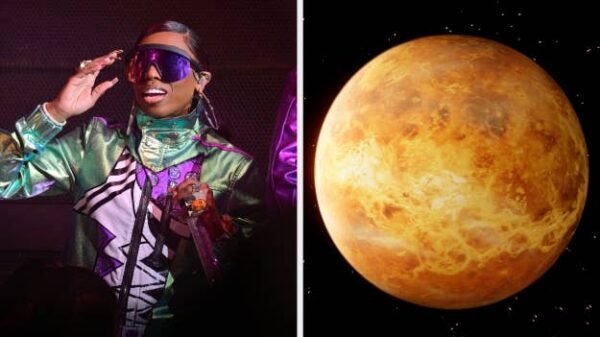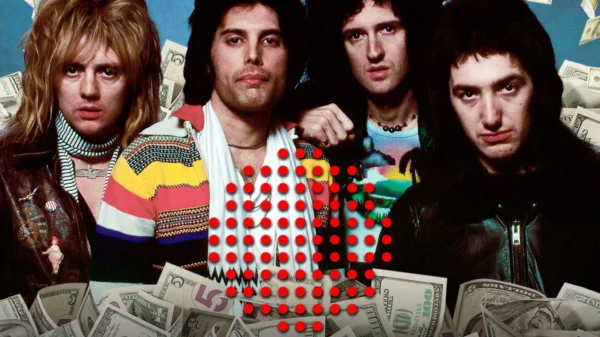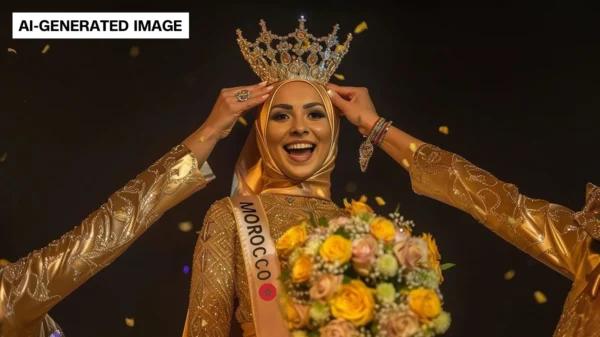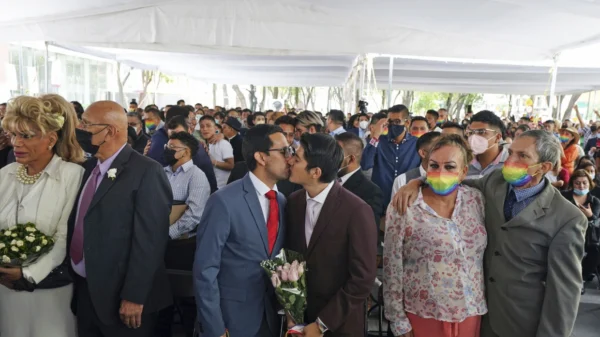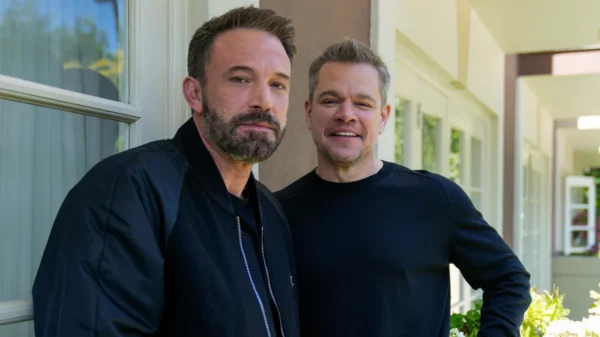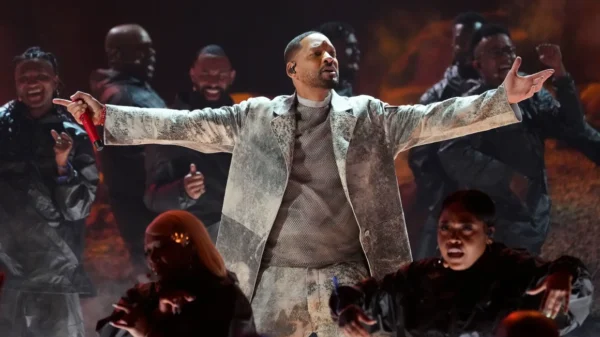Music has long been recognized as a powerful tool for expressing and preserving cultural identity. Across the globe, diverse communities use music to celebrate their heritage, tell stories, and connect with their roots. From traditional folk songs to modern genres, the role of music in shaping cultural identity is undeniable.
One of the most significant ways music influences cultural identity is through its ability to convey emotions and experiences. Through melodies, rhythms, and lyrics, music can capture the essence of a culture and evoke a sense of nostalgia or pride. For example, traditional African music often incorporates rhythmic patterns that reflect the rich history and diverse traditions of the continent. Similarly, Native American music uses unique instruments and vocal styles to express the spiritual connection to the land and ancestral wisdom.
Music also plays a crucial role in cultural rituals and ceremonies. In many societies, music accompanies important life events such as weddings, funerals, and religious ceremonies. These musical traditions not only provide a soundtrack to these occasions but also serve as a way to pass down cultural values and beliefs from one generation to the next. For instance, Indian classical music is deeply intertwined with Hindu religious ceremonies, with specific ragas (melodic structures) associated with different times of the day and seasons.
Furthermore, music serves as a form of cultural resistance and empowerment. In times of social or political unrest, music has been used as a means of protest and a tool for expressing dissent. For example, during the Civil Rights Movement in the United States, artists like Nina Simone and Bob Dylan used their music to advocate for equality and justice. Their songs became anthems for the movement, uniting people and inspiring change.
In addition to its role in cultural expression, music also facilitates cultural exchange and understanding. With the advent of technology and globalization, different musical styles and genres are easily accessible to people around the world. This cross-cultural exchange allows for the blending of traditions and the creation of new musical forms. For instance, the fusion of traditional Indian music with Western elements has given rise to genres like Bollywood music and Indo-jazz, showcasing the influence of different cultures on one another.
Moreover, music has the power to transcend language barriers and connect people on a deeper level. Even if we don’t understand the lyrics of a song in a foreign language, we can still appreciate the emotions and melodies. This universal language of music allows for a shared experience and fosters cultural understanding and appreciation.
In conclusion, music plays a vital role in shaping cultural identity across the world. It serves as a powerful medium for expressing emotions, preserving traditions, and fostering cultural exchange. From ancient folk songs to contemporary genres, music has the ability to transcend boundaries and connect people from different walks of life. As we continue to celebrate and embrace the diversity of our world, let us recognize and appreciate the role of music in enriching our cultural tapestry.



